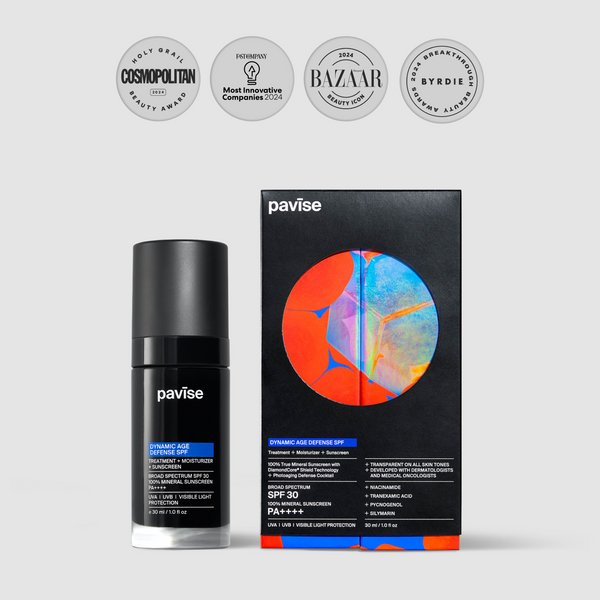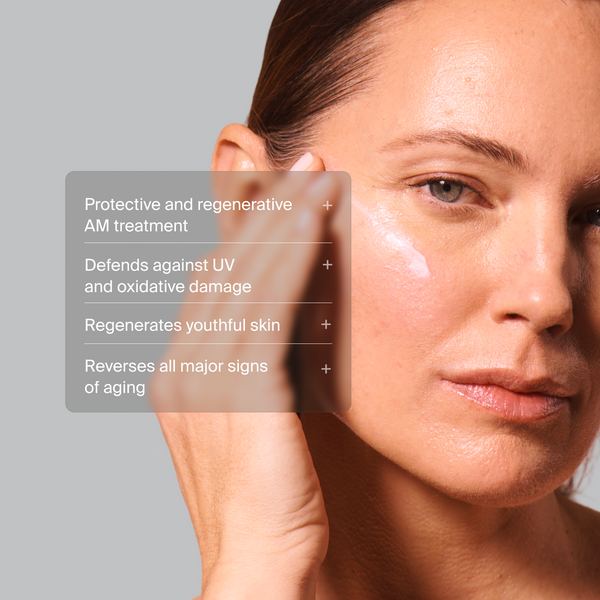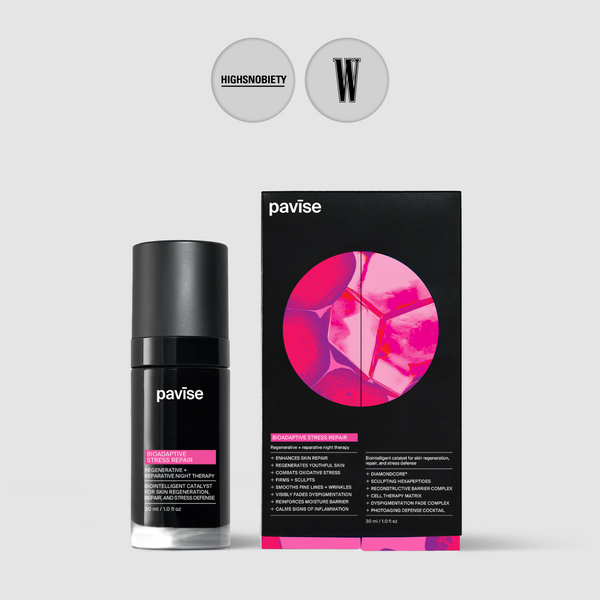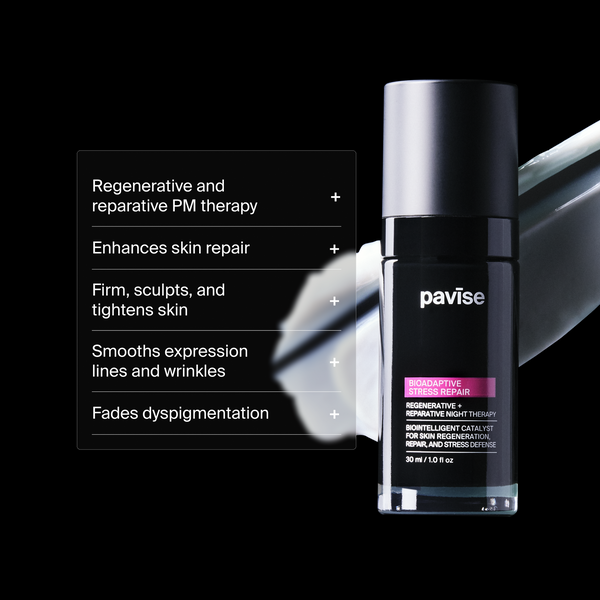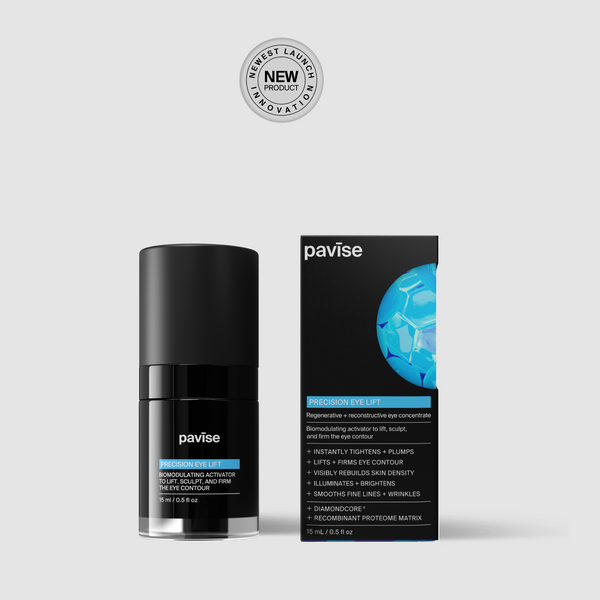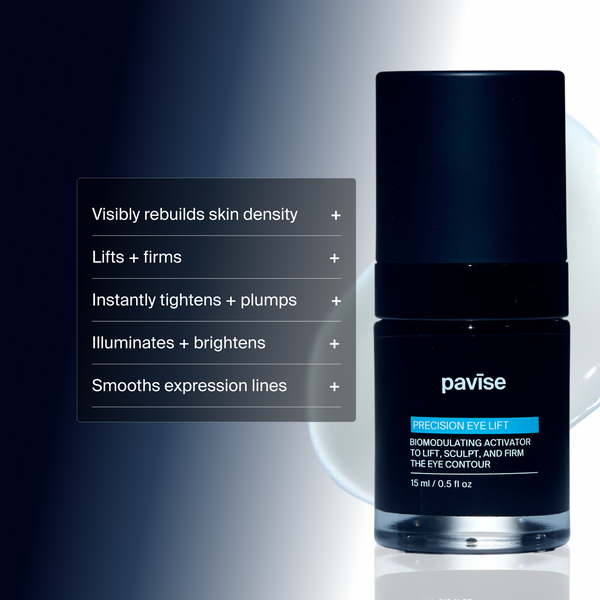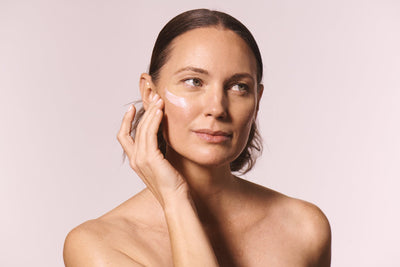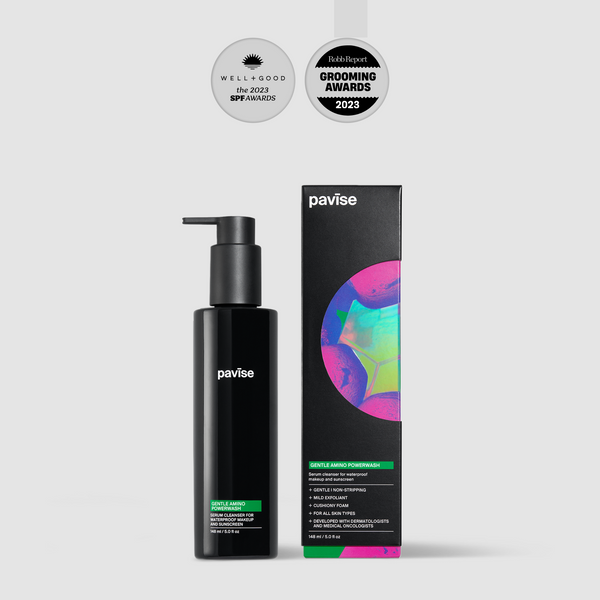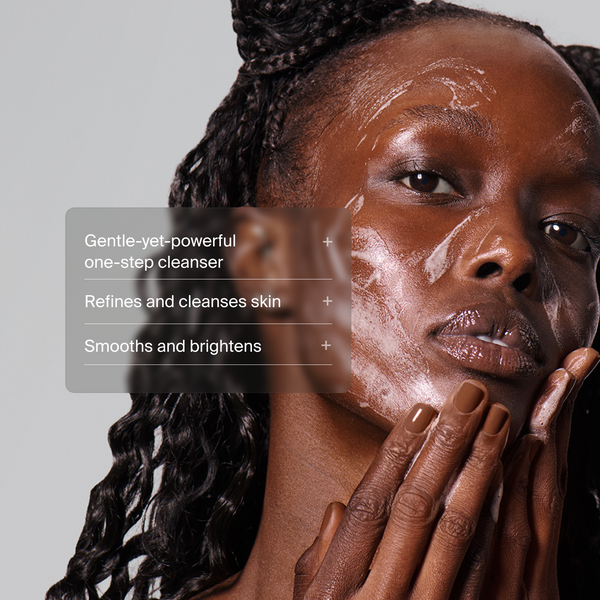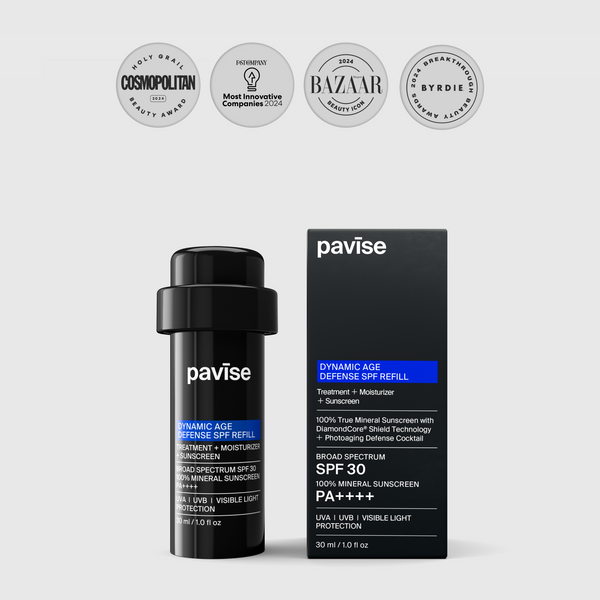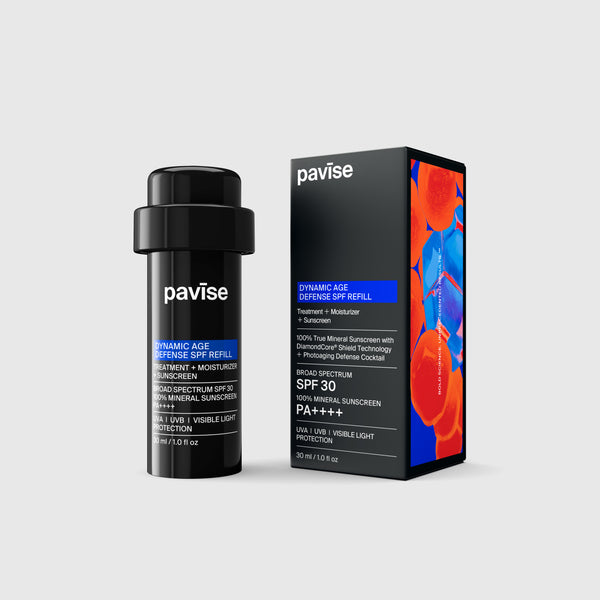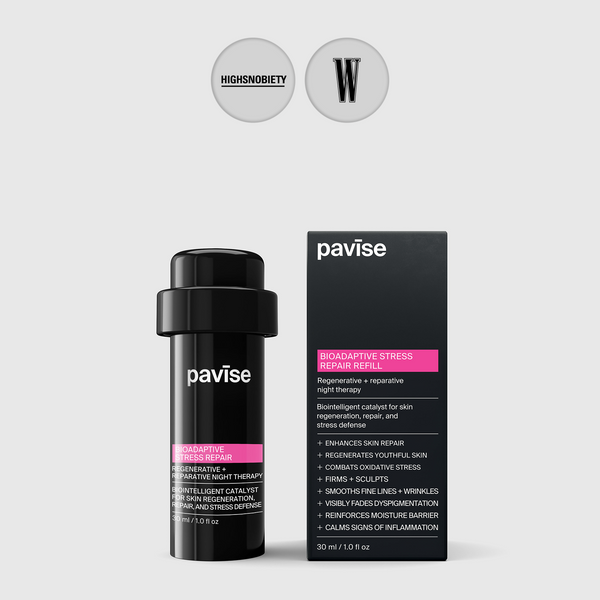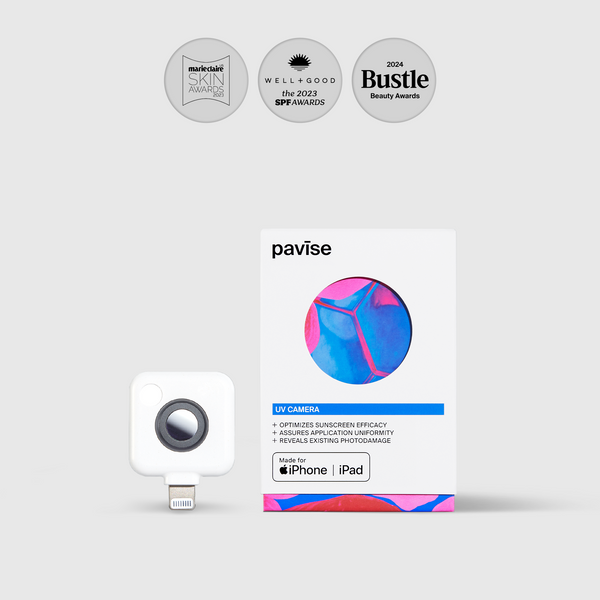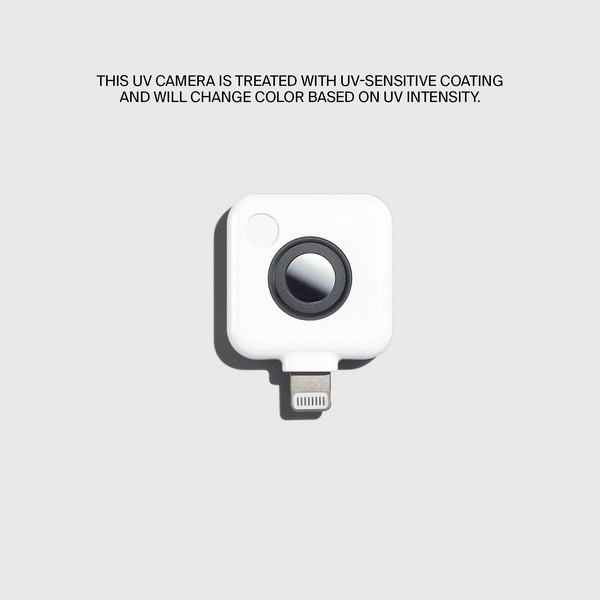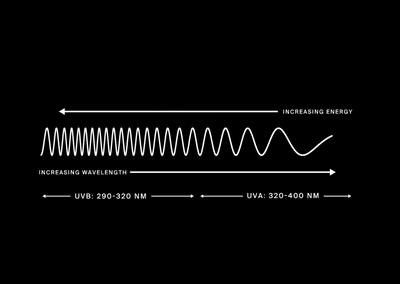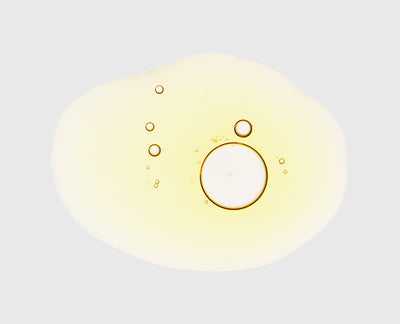HOW MUCH SUNSCREEN DO YOU NEED?
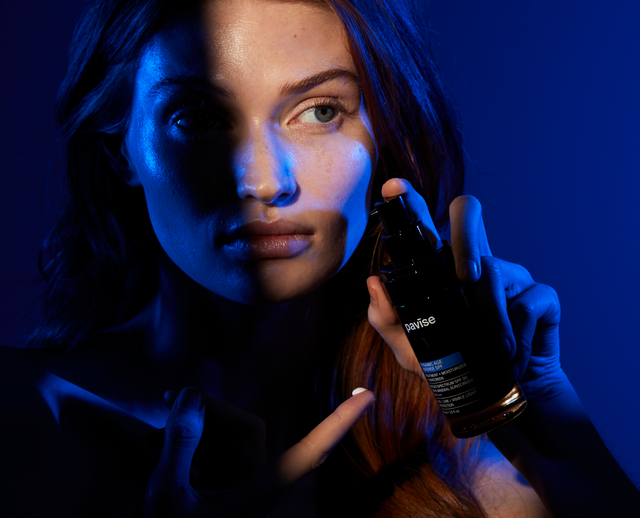
What you need to know
The relationship between volume, weight, and density determines the optimal amount of sunscreen for effective protection.
A variety of factors impact the density of a sunscreen, including UV filters used, whether they are chemical or mineral, other ingredients, temperature, pressure, altitude, among many more. Therefore, understanding the density and volume of a sunscreen will help you decide the weight measurement you need.
Some popular methods to determine how much sunscreen is needed for optimal application are either measured by teaspoon, a “banana slice” of product onto your palm, or length of your index and middle fingers; however, all are volume measures and not weight measures. What does that mean?
SPF (Sun Protection Factor) is tested at 2 mg/cm², which is a weight measure. Different sunscreens can have the exact same volume but possess vastly different weights. The two-finger rule may be wrong—here's how much sunscreen you need.
Weight = Volume x Density
Therefore, the higher the density, the greater the weight, while volume remains the same. UV filters comprise a significant portion of sunscreen products’ formula in terms of weight (the exact percentage can be found on your sunscreen’s drug facts label on its packaging.)
UV filter weight ranges between 10-30% of the total weight of the product. Let’s look at the density of each of the most used UV filters in the United States:
Density of different UV filters, at room temperature
|
UV Filter |
Filter Type |
Density (g/cm^3) |
|
Zinc Oxide |
Mineral/Inorganic |
5.61 |
|
Titanium Dioxide |
Mineral/Inorganic |
4.23 |
|
Homosalate |
Chemical/Organic |
1.04 |
|
Octisalate |
Chemical/Organic |
1.01 |
|
Octocrylene |
Chemical/Organic |
1.05 |
|
Octinoxate |
Chemical/Organic |
1.01 |
|
Avobenzone |
Chemical/Organic |
1.08 |
|
Oxybenzone |
Chemical/Organic |
1.2 |
It is important to note that multiple factors can affect density; for example:
- Mass (direct effect, since it appears in the equation for density)
- Volume (direct effect, since it appears in the equation for density)
- State (indirect effect, since a change of state changes volume of a given mass)
- Temperature (indirect effect, since a change in temperature can cause state or volume to change)
- Pressure (indirect effect, since a change in pressure can cause state or volume to change)
- Altitude (indirect effect, since a change in altitude can cause temperature or pressure changes)
Many factors can impact the density of a sunscreen product, including UV filters used, whether they are chemical or mineral, other ingredients, format (liquid, lotion, cream, etc.,) temperature, pressure, altitude, among many more. Understanding density and volume will help you get the weight measurement you need.
Our Dynamic Age Defense SPF features an airless pump with UV-protective treatment, designed to ensure the product always remains at peak potency and to pump out the same amount each time. On average, you get 0.28-0.32 gram of product per pump.
So, how many pumps do you need? We measured the area of the face for two different people:


.png?v=1689713392790)
L: Sophie; R: Olivia
- Sophie: 290 cm² (two pumps to cover her entire face when using Dynamic Age Defense SPF)
- Olivia: 170 cm² (one pump to cover her entire face when using Dynamic Age Defense SPF)
Treating your face as an ellipse (height is the length, and width is ear to ear) is an overestimate of the area of the face; according to our measurement, the oval shape calculation is 15-30% more than your actual face surface area.
Assuming the surface area of your face is 300 cm², you will need 0.6 gram of the product, which is equal to two pumps of Dynamic Age Defense SPF to cover the entirety of your face.
For more accurate application, use the UV Camera to ensure adequate and even coverage of the whole face.
When it comes to sunscreen usage, more is more; however, many people choose not to wear sunscreen because they believe they need to wear a greater amount for it to work, which deters them from using sunscreen altogether. Now you know how much you need to improve and encourage daily compliance for optimal protection. Happy healthy skin is when you wear sunscreen daily.
By Sophie Bai - Updated July 18, 2023
